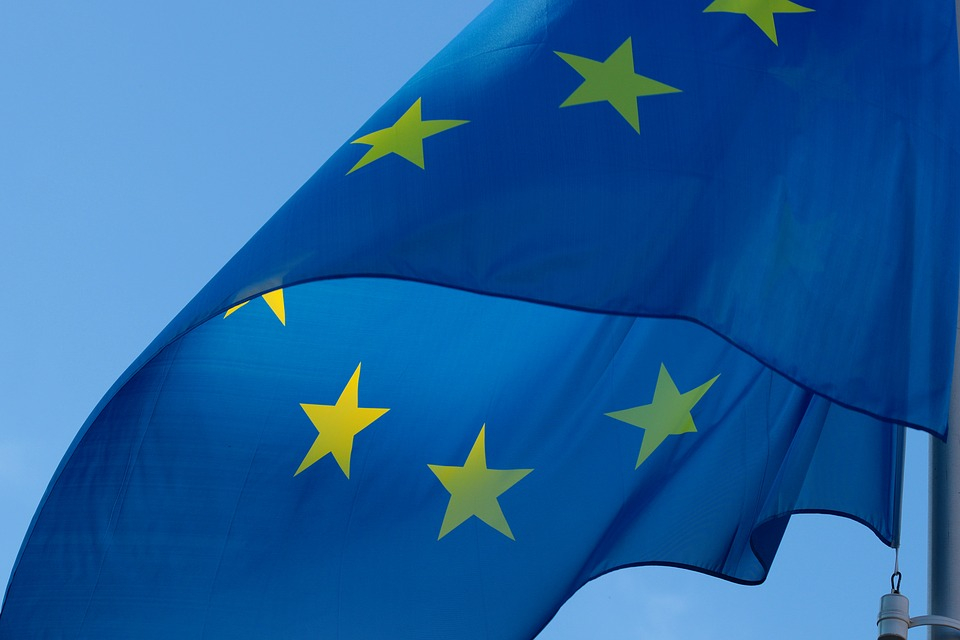As Poslovni Dnevnik writes, the 27 EU member states agreed that Croatia meets all the conditions for implementing the Schengen acquis, paving the way for a final decision on Schengen entry which is without any control when crossing the European Union’s internal borders.
The agreed text of the conclusions was formally adopted by EU member states’ interior ministers on Thursday without further discussion.
Two other member states, the Netherlands and Sweden, had procedural reservations at a meeting of the Permanent Representatives Committee (Coreper) on Wednesday as their representatives awaited consultation(s) with the relevant committees in their respective parliaments, and conclusions couldn’t be reached without the consent of all member states. The green light finally arrived for Croatian Schengen entry on Thursday, in time for the interior ministers who gathered in Brussels to officially confirm it.
Representatives of both of the aforementioned countries said that in principle they had no substantive objections to the text of the conclusions, but that these are common procedures in their countries when a position to be represented by their representatives in Brussels has sought consultations with the relevant parliamentary committees.
“Croatia has met all of the necessary conditions for the implementation of all parts of the Schengen acquis,” the text of the agreed conclusions reads. This created the preconditions for the Council to take a decision in accordance with Article 4 (2) of the Agreement on the Accession of Croatia, which allows for the abolition of internal border controls. “With a view to Croatia’s accession to Schengen, Croatia is called upon to continue to consistently implement the Schengen acquis and the obligations related to the Schengen acquis,” the conclusions said.
These conclusions are a procedurally necessary condition for making a decision on Croatian Schengen entry and removing border controls at the Croatian land border with Slovenia and Hungary, as well as at airports and seaports.
The final decision on Schengen entry could be made in about six months during the French EU presidency, and it requires the explicit consent of all Schengen member states. The Council should also seek the opinion of the European Parliament, which it may or may not follow.
The adopted conclusions don’t mean that the decision for Croatia to join Schengen is guaranteed as it cannot be ruled out that some of member states might block the decision. Conclusions on Schengen readiness for Bulgaria and Romania were adopted way back in 2011, and the two countries are still outside Schengen.
The text itself states that the adopted conclusions meet the preconditions for the Council to be able to subsequently decide that all parts of the Schengen acquis apply in Croatia.
“The Council can begin work on the draft decision with a view to forwarding it to the European Parliament for consultation as soon as possible,” the conclusions said.
Schengen entry requires thorough evaluations to assess whether the country can take responsibility for external border control on behalf of other Schengen countries, to cooperate effectively with the police authorities of other Schengen member states in order to maintain a high level of security after the abolition of border controls, to apply Schengen rules, such as the control of land, sea and air borders (airports), the issuance of Schengen visas, police cooperation and protection of personal data, and the connection with and use of the Schengen Information System.
Onthr 6th of March 2015, Croatia sent a letter stating that it was ready to start evaluations in all relevant areas of the Schengen acquis as of the 1st of July of the same year. The evaluation process began in June 2016 and was completed in May 2019, and the European Commission confirmed on the 22nd of October 2019 that Croatia meets all the technical requirements for Schengen entry.
The procedure was carried out by teams of experts from the European Commission and EU member states, who, after carrying out all of the inspections, wrote a series of reports and recommendations to correct all of Croatia’s identified shortcomings. Following these recommendations, Croatia has developed action plans to address these shortcomings. The last action plan for the area of external border management was concluded back in February this year.
Croatia has gone through the most comprehensive and detailed process of assessing its readiness for Schengen membership, which no EU member state has encountered so far. It fulfilled 281 recommendations in eight areas of the Schengen acquis, of which 145 recommendations related solely to the area of external border control.
With the help of the EU, Croatia has invested significant funds in its border protection, which is guarded by six and a half thousand police officers. It has been under a lot of pressure from migrants trying to enter EU territory for a long time and border police have been accused by the media and NGOs of forcibly returning and inhumanely treating illegal migrants trying to cross.
For more, check out our dedicated politics section.












